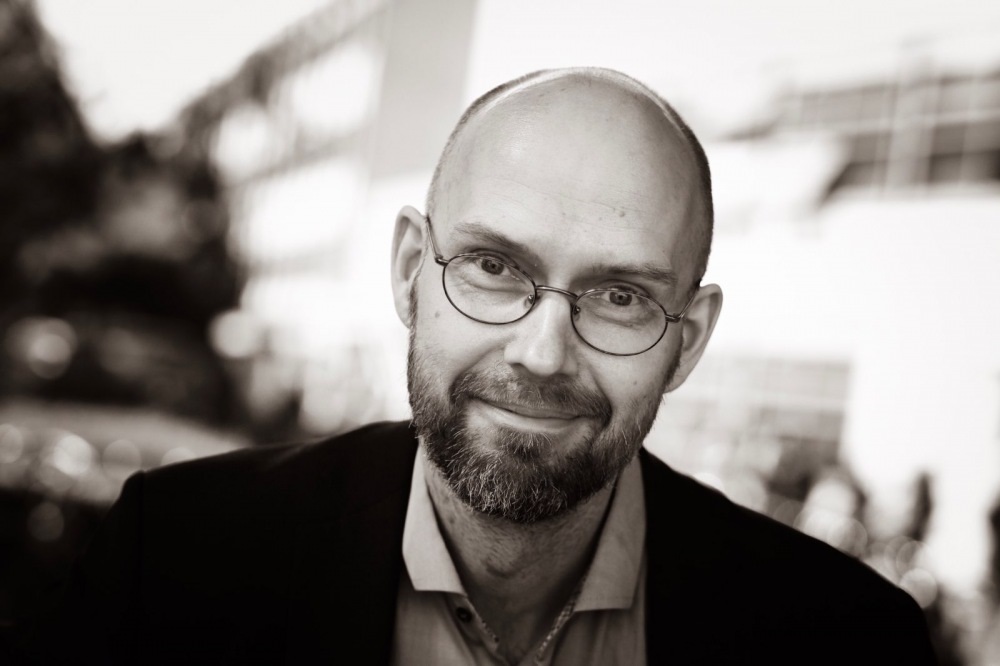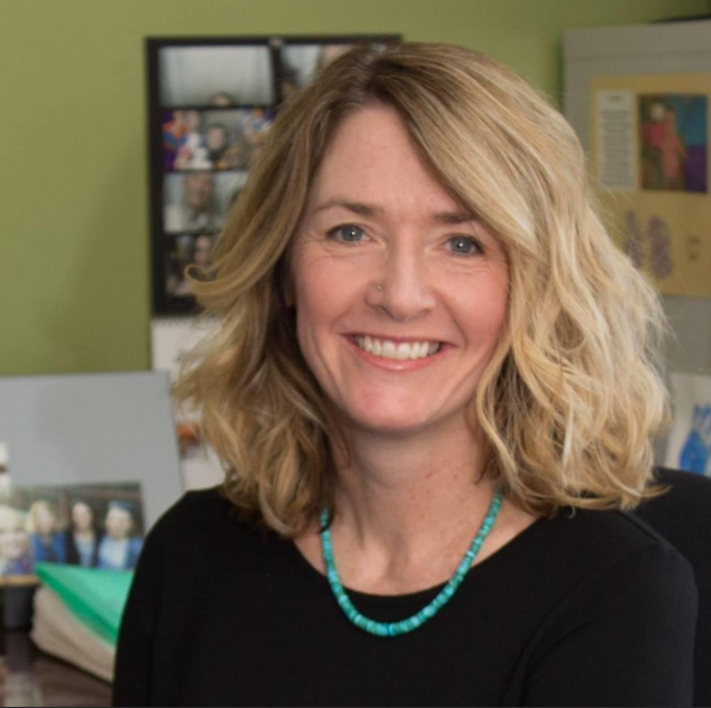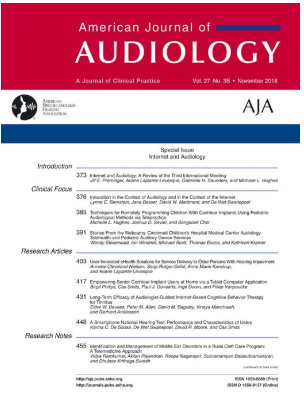Conference Venue
The meeting will be held at University of Southampton Highfield Campus.
The conference will be held in Building 58 (Murray), Level 1, Room 1067, Highfield Campus, University of Southampton. The Murray building is on the main University campus, and is a few minutes walk from many cafes, coffee shops, the University library, banks, post office, the student union, landscaped gardens, a theatre, a concert hall, and the staff club. You are welcome to use and explore the campus.
Southampton is among the best cities to live and work in the UK. The city has a vibrant arts scene, with a brand new arts space in the centre of town, and is a city of parks, with over 50 parks and green spaces.
Southampton is on the doorstep of the beautiful New Forest, but it is also just 75 miles from London, with excellent transport connections with the rest of the UK.
Find more information about how to get to Southampton by car, train, bus, coach or air here.
Southampton has many accommodation options. For example on booking.com or Expedia.
There are several hotels close to the conference location and attendees are welcome to reserve rooms at the hotel of their choice. If you are interested in sharing a hotel room with another conference attendee, please contact InternetAudiol2019@southampton.ac.uk. We will share contact information for those who express interest in room sharing.
Let us know if you want any help finding childcare while you are here InternetAudiol2019@southampton.ac.uk.
Accommodation
Hotels close by
The list below shows local hotels, with the hotels closest to our Highfield campus at the top of the list. The hotel’s name links to the hotel’s web site, and its post code links to a map of its location on the Google Maps web site.
Please note that we have no connection with any of these hotels and their inclusion on the list is not a recommendation.
|
Hotel, address and postcode
|
Distance in miles by road to
Highfield campus
|
|
Highfield House Hotel, Highfield Lane, Southampton, Hampshire SO17 1AQ
|
0.7
|
|
Doubletree by Hilton Southampton, Bracken Place, Chilworth, Southampton, SO16 3RB
|
2
|
|
Elizabeth House Hotel, 43 - 44 The Avenue, Southampton, SO17 1XP
|
2
|
|
Travelodge, Southampton, 144 Lodge Road, Southampton, SO14 6QR
|
2
|
|
Premier Inn (Southampton Airport), Mitchell Way, Southampton International Airport, Southampton,SO18 2XU
|
2.5
|
|
Premier Inn Southampton, Cumberland Place, 12-13 Cumberland, SO15 2WY
|
2.5
|
|
Jurys Inn, Charlotte Place, Southampton, Hampshire, SO14 0TB
|
2.5
|
|
Premier Inn (Southampton City Centre), Six Dials, New Road, Southampton, SO14 0AB
|
2.5
|
|
Best Western Chilworth Manor Hotel and Conference Centre, Chilworth, Southampton, SO16 7PT
|
3
|
|
Star Hotel, 26 High Street, Southampton, Hampshire, SO14 2NA
|
3
|
|
White Star Tavern, 28 Oxford Street, Southampton, SO14 3DJ
|
3.5
|
|
Novotel, 1 West Quay Road, Southampton, SO15 1RA
|
3.5
|
|
Ibis,9 West Quay Road, Southampton, SO15 1RA
|
3.5
|
|
Premier Inn (Southampton West Quay), Harbour Parade, Southampton, SO15 1BA
|
3.6
|
|
Holiday Inn, Leigh Road, Eastleigh, S050 9PG
|
4
|
|
Premier Inn, (Adjacent to M3, Jct 13) Leigh Road, Eastleigh, SO50 9YX
|
4
|
|
Holiday Inn Southampton, Herbert Walker Avenue, Southampton, S015 1HJ
|
4
|
|
Grand Harbour Hotel, West Quay Road, Southampton, SO15 1AG
|
4
|
|
Potters Heron Hotel, Winchester Road, Ampfield, Romsey, SO51 9ZF
|
|
Get directions
Course location
By car
Please see the Southampton City Council website for information about road closures and diversions.
- Postcode for satnav: SO17 1BJ
- Visitor parking: There is a Pay and Display car park for visitors, accessed from University Road. Please note that it can fill up very quickly during the morning.
- From the M3: Exit at junction 14 (Southampton A33)
- From the M27: Exit at junction 5 (Southampton Airport)
By rail
Fast trains from London and Bournemouth/Weymouth stop at Southampton Central and Southampton Airport Parkway. Trains from Portsmouth and Bristol/South Wales stop at Southampton Central. There are also regular trains from major airports such as Gatwick and Heathrow to Southampton Central. You can find details of routes and timetables on the National Rail website. Highfield Campus is three miles from Southampton Central, and two miles from Southampton Airport Parkway. You can get the Unilink bus: U1 from either of these stations to Highfield Campus.
By bus or coach
Highfield Campus is easily accessible using our Unilink bus service. Unilink buses go from Southampton Airport, Southampton central train station, the city centre, the National Oceanography Centre and Southampton General Hospital to Highfield Campus. You can find timetables and route maps on the Unilink website.
National Express provides regular coach services to Southampton from central London, Heathrow, Birmingham, Bournemouth and the north. Southampton Coach Station is at Western Esplanade, in the city centre. Some coach services also stop at Highfield Campus.
From Southampton Coach Station you will need to walk to the nearby Civic Centre, where can continue your journey to Highfield Campus using our own Unilink bus U1 or taxi. The Unilink bus fare is £2 for a single or £3.50 for an all-day pass. Taxi fares from the city centre are usually £6-10.
By air
Southampton International Airport is a few minutes away from Highfield campus by bus (Unilink bus: U1, £2 single/£3.50 all-day pass) or taxi (usually around £6-12), off junction 5 of the M27. There are flights to Southampton from UK airports, mainland Europe and the Channel Islands.
London Heathrow Airport is just over 60 miles from Southampton. You can catch a National Express coach direct to Southampton from the central bus station, located close to Terminals 1, 2 and 3. Some coaches stop at the University’s Highfield Interchange, others go direct to Southampton Coach Station. You can also travel by train from Heathrow to Paddington in central London. From London, you can take a train to Southampton. For more details see the National Rail website.
London Gatwick Airport is nearly 90 miles from Southampton. You can catch a National Express coach direct to Southampton Coach Station. You can also catch a direct train from Gatwick Airport to Southampton Central. For more details see the National Rail website.
Taxis to/from London airports
The following local companies provide a taxi service between Southampton and the London airports:
- Radio Taxis
- English Rose Collection
Life in Southampton
Southampton is a vibrant and well-connected, dynamic city. Home to two universities, there is a population of over 30,000 students. Our students benefit from campuses based in and around the city, all connected with award-winning transport links.
One of Britain’s top five cities for economic growth.
£1.6bn has gone to develop the city, with a Cultural Centre being built and a new £70 million leisure complex. This facility includes new entertainment venues, restaurants, cafes, a luxury cinema and shops. This is part of a £3bn master plan to help develop and improve the city.
Excellent for sailing and water sports.
As part of the Solent, Southampton is a great place to take part in a variety of water and sailing sports. The University’s Water Sports and sailing centre page lists all the available watersports activities and courses.
Escape to the park….or the forest.
Southampton has over 50 parks and green spaces. Our Central Parks have recently been awarded the prestigious Grade II* listed status on the Historic England Register of Parks and Gardens of special historic interest.
Southampton is just 15 minutes away by train to the heart of the New Forest National Park, known for its heathland, forest trails and native ponies.
Entertainment and culture
Southampton is home to four venues where you can see plays, performances and musicians: The Mayflower, The Guildhall, The Point and the Nuffield Theatre which is supported by the University of Southampton and located at Highfield Campus. The O2 and The Joiners have hosted some of Britain’s popular bands and are popular student venues.
There are four cinemas in the city centre and one on Highfield Campus, all connected by Unilink bus network.
Visit Discover Southampton to find out more about events in the city.
Food, drink and nightlife
During the day, you might want to visit Portswood High street and other locations in the city which have a range of cafes and restaurants.
Southampton has a very active nightlife. There is a great student atmosphere due to the number of nightclubs and pubs across the city. The student union run Stags Head pub on Highfield Campus hosts karaoke nights and sports screenings. The Bridge also runs evenings of alternative music and stand-up comedies.
Central hub for travelling
From Southampton, you can travel to cities across the south by train or ferry. You can visit popular cities such as Bournemouth, Brighton, London and Portsmouth from Southampton Central train station. Southampton Airport and Red Funnel ferries give access to international locations.
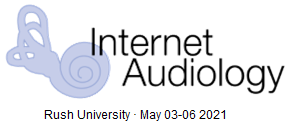






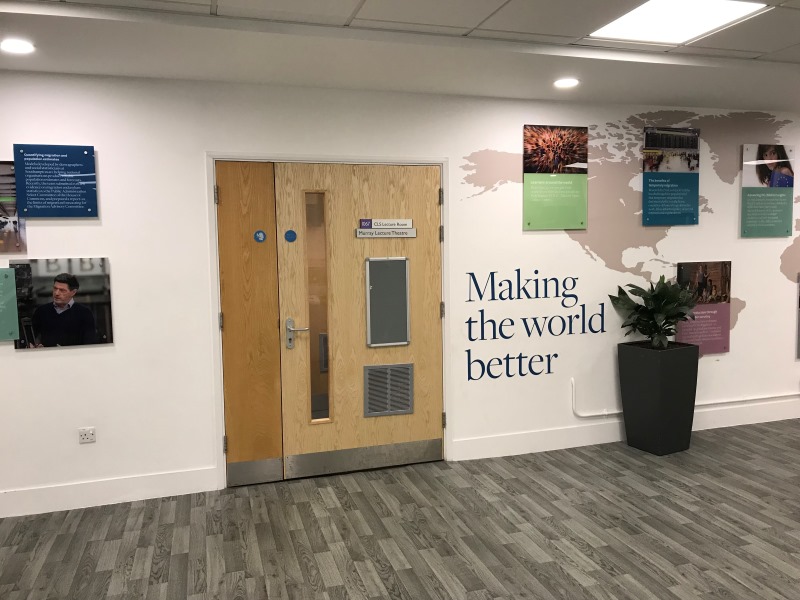
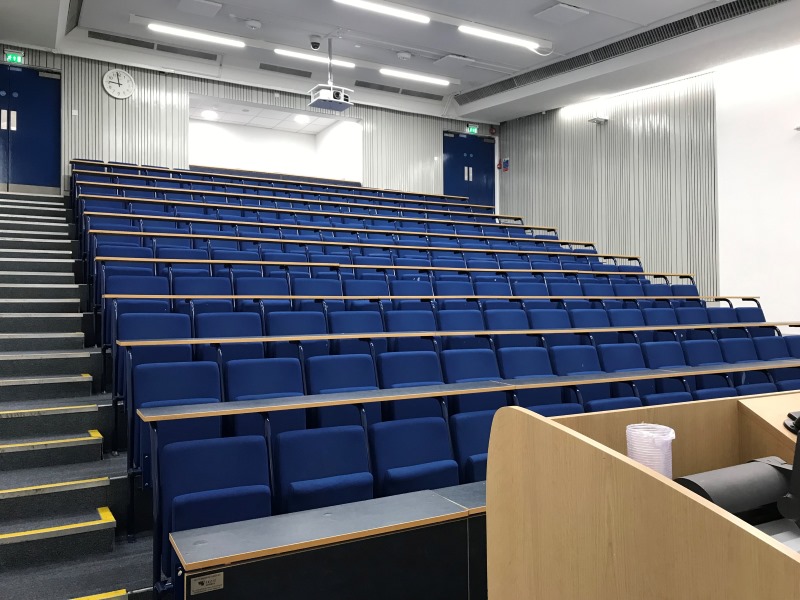
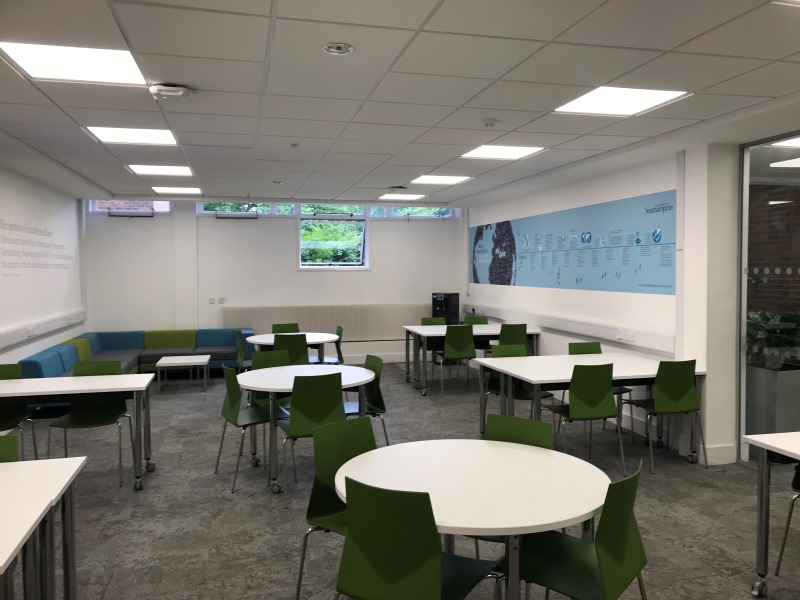


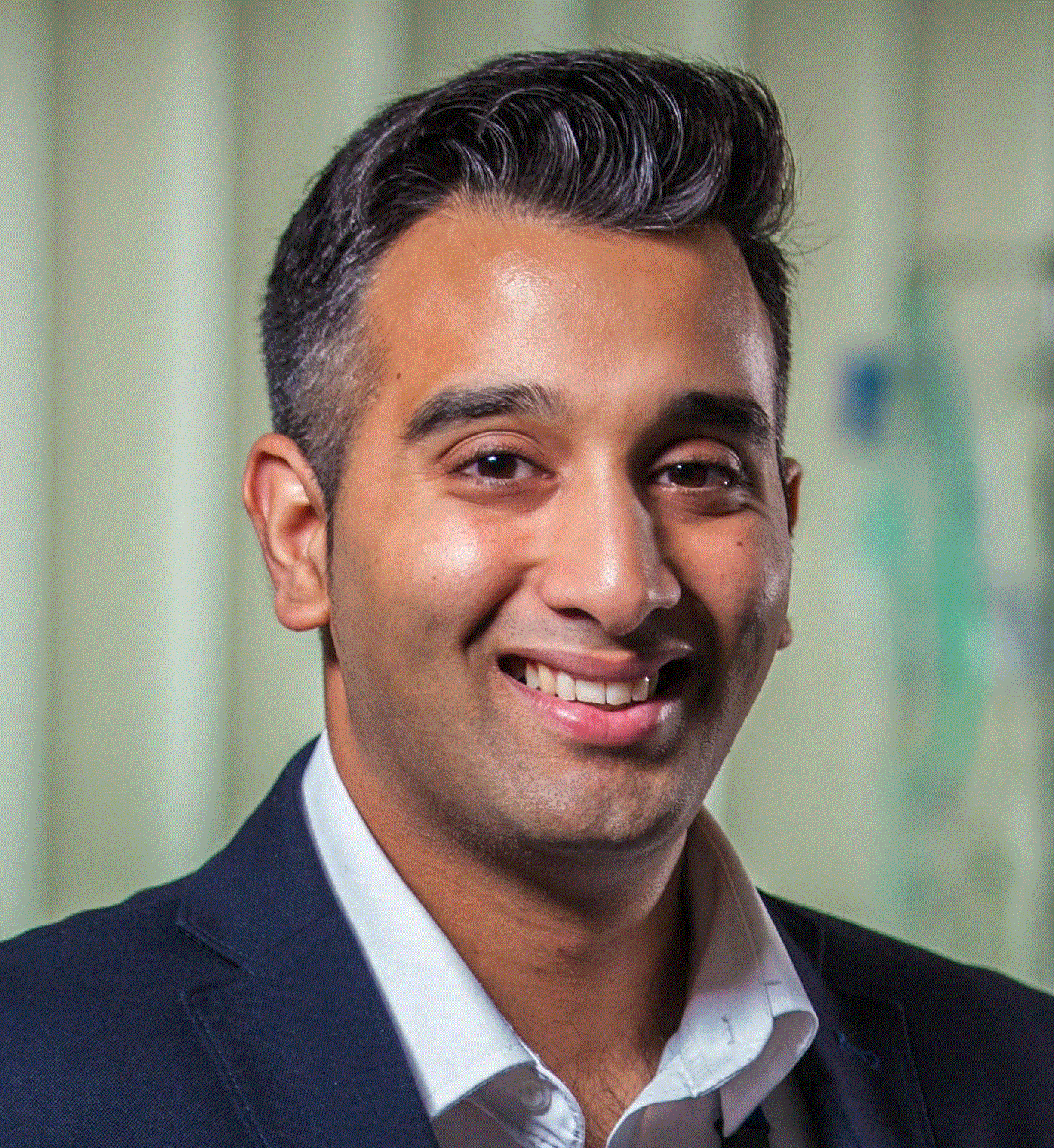 Sagar Jilka, Ph.D.
is the patient and public involvement (PPI) coordinator at the South London and Maudsley Biomedical Research Centre and has a background in data science. He is interested in developing ways to involve service users and patients to improve data science and machine learning applications.
Sagar Jilka, Ph.D.
is the patient and public involvement (PPI) coordinator at the South London and Maudsley Biomedical Research Centre and has a background in data science. He is interested in developing ways to involve service users and patients to improve data science and machine learning applications.
